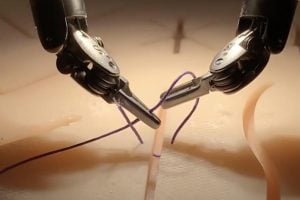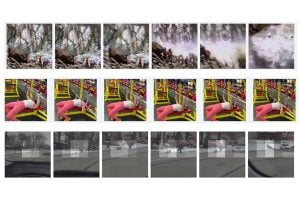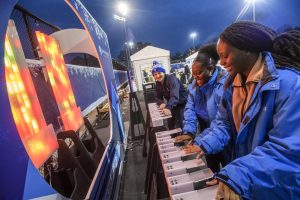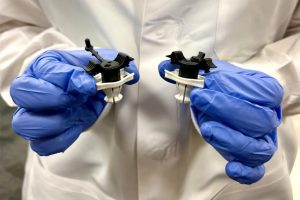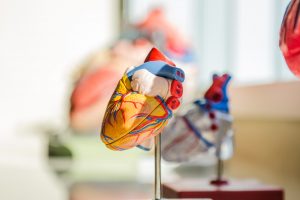Recent News
-

Researchers find combining haptic feedback and autonomous control allowed users to complete tasks with greater performance and lower mental effort.
-

From waste to windfall: engineers' new method extracts valuable materials from mining discards
CategoriesThe method is more environmentally friendly than current mining approaches and can aid in the production of more sustainable energy resources, such as lithium-ion batteries
-

“We are pleased to continue helping Whiting School of Engineering faculty advance their cutting-edge research,” says Neil Cohen, who is also the founder of venture capital firm Emerald Development Managers.
-

A collaboration between two Johns Hopkins University student startups makes tote bags from recycled plastics.
-

The Virtual Institute of Scientific Software—established with support from Schmidt Futures—will address the growing demand for software engineers with backgrounds in science, complex-data and mathematics who can build dynamic, scalable, open software to facilitate accelerated scientific discovery across fields.
